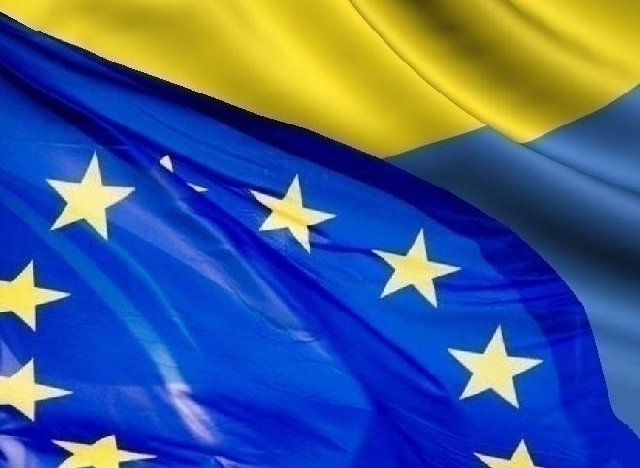Ukraine and education in the language of ethnic minorities
The drastic limitation of the access to education of ethnic minorities in Ukraine, through a new education law, has caused concern in Europe, from Bucharest and Athens to Budapest and Sofia.

Bogdan Matei, 15.09.2017, 13:33
Amidst recent diplomatic tensions between Romania and Hungary, there are few issues on which the foreign ministers of these two countries still agree. However, Teodor Melescanu and Peter Szijjarto, alongside their counterparts from Bulgaria, Ekaterina Zakharieva, and Greece, Nikos Kotzias, sent a common letter to the Ukrainian foreign minister Pavlo Klimkin, the Secretary General of the Council of Europe Thorbjorn Jagland, and the High Commissioner on National Minorities Lamberto Zannier, expressing their concern and profound regret over the new education law passed by Ukraine’s Parliament.
This common move reflects the interest of the signatory countries in the protection of the rights of ethnic minorities. They call on the Ukrainian authorities to identify concrete measures in this regard, in the spirit of cooperation and in strict compliance with the relevant international norms and standards.
The law in question, which only needs to be signed by president Petro Poroshenko to come into force, drastically restricts access to education in the mother tongue for the many ethnic communities in Ukraine, including Russian, Romanian, Hungarian, Bulgarian, Greek and Polish.
The law stipulates that teaching in high schools and universities is to be made in Ukrainian, while teaching in the language of ethnic minorities can only be provided in nursery and primary schools. Analysts say that, amidst the open conflict with Moscow, the move of the Kiev authorities in fact targets the millions of ethnic Russians in the east and south of Ukraine, with the other ethnic communities being collateral damage.
The Romanian community is the second largest in Ukraine after the Russian one. Almost half a million ethnic Romanians live in the neighbouring country, mostly in the Romanian territories annexed by the former Soviet Union in 1940 through an ultimatum and inherited by Ukraine as successor state in 1991.
On their behalf, the MP Grigore Timis and two of his colleagues in the Ukrainian Parliament of Hungarian and Bulgarian origin called on president Poroshenko not to sign this law that would see Ukrainian citizens “lose their right to choose freely the language in their wish to study”.
Earlier, both the foreign ministry in Bucharest and the ministry for Romanians abroad had voiced their discontent with the provisions of the law. The Liberal leader Ludovic Orban, in opposition, has criticised the delayed response of the Romanian authorities and has requested the resignation of the respective minister, Andreea Pastarnac, while the People’s Movement party has called for an emergency meeting of the Romanian-Ukrainian mixed presidential committee to persuade Kiev to rethink the law.






























